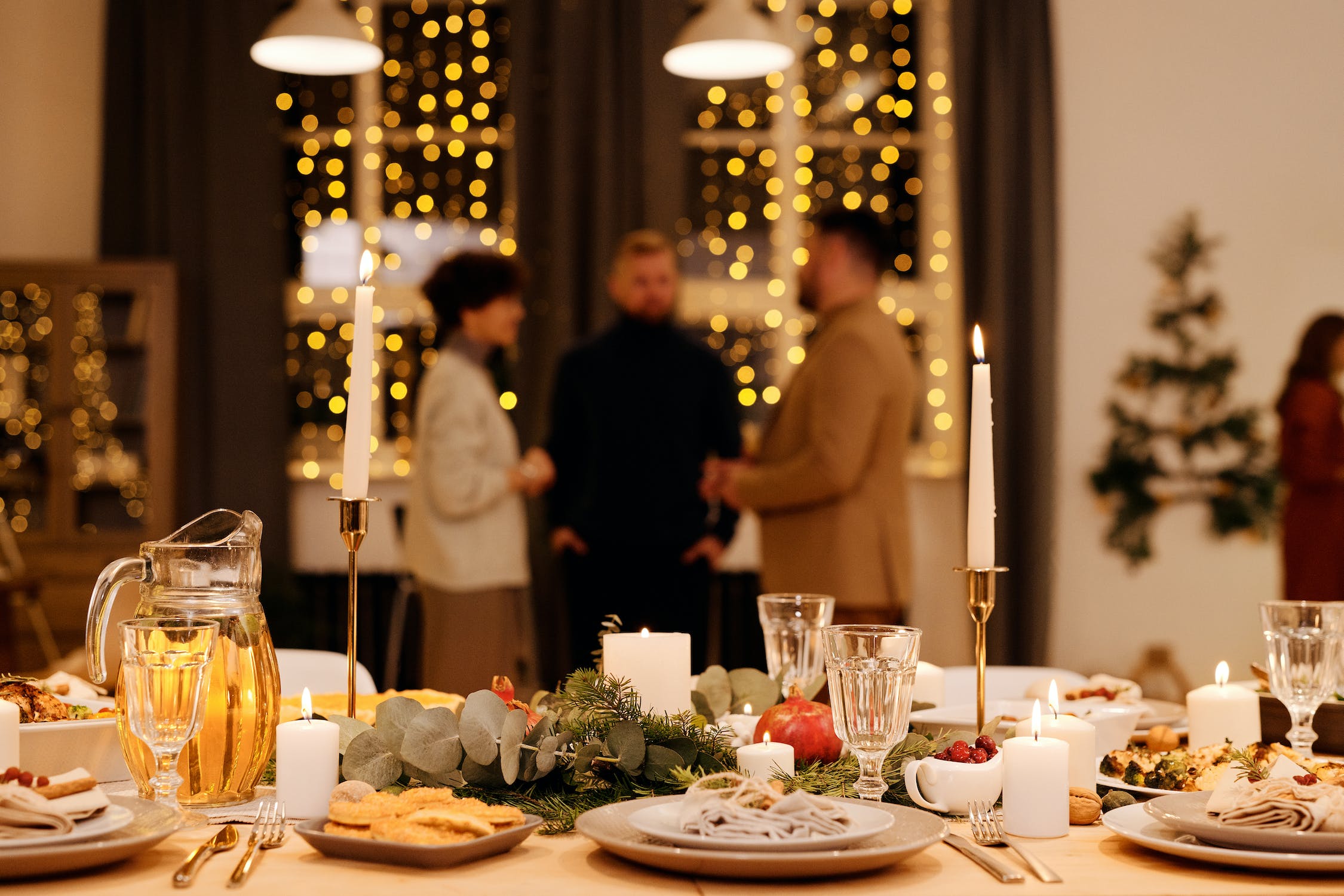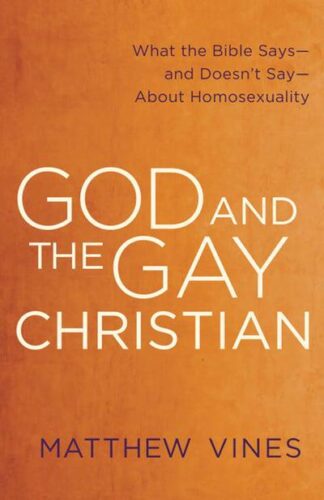This article originally appeared Dec. 22, 2022.
Gathering with relatives of different views can make the holidays stressful, but for LGBTQ Catholics, balancing the need for spiritual fulfillment during the Christmas season while celebrating with family who may not be accepting can be tough to navigate.
Sherry Simon, a semi-retired clinical psychologist and vice chair of the Pax Christi USA National Council, has counseled several LGBTQ Catholic youth and young adults, as well as their families, throughout her more than 30 years in full-time practice. She said listening, de-escalating conflict, finding a safe space, knowing when to walk away and clinging to the simplicity of the Christmas story can help LGBTQ Catholics find joy in the season.
“I think the symbol of that manger is everything because it is a humble beginning, and it is a family on the margins, a poor family who doesn’t even have a space and a home to have this child,” Simon said. “The LGBTQ community, more than anyone else in this day and time, can, I believe, understand that, because they are the folks who are on the margins more than anyone else these days, especially within the church.”
De-escalating conflict
According to a 2019 survey, 76 percent of American Catholic respondents said society should accept homosexuality. The Catechism of the Catholic Church calls for LGBTQ people to be treated with “respect, compassion and sensitivity,” but it also describes homosexual acts as “intrinsically disordered.” This juxtaposition can creep up in Catholic family holiday gatherings, particularly for relatives with more traditional religious views.
Skye Hart, the music director at a Catholic parish in Arizona, identifies as gay and suggests setting boundaries with family members or opting to spend Christmas with a chosen family instead.
“I think somewhere in the spirit of Christmas is forgiveness and learning to accept others, and yourself, even,” said Hart. “That doesn’t mean you’re not going to have boundaries. When you’re in the situation of estrangement or a tense relationship with family, I think it’s important to surround yourself with … your family of choice. Don’t isolate yourself if you can help it.”
Simon said if a relative launches into an anti-LGBTQ tirade, it speaks more to their fear.
Listening, de-escalating conflict, finding a safe space, knowing when to walk away and clinging to the simplicity of the Christmas story can help LGBTQ Catholics find joy in the season.
“If you can take a deep breath and listen, that’s hard. But listen to this person and employ something that I call ‘reflective listening,'” she said. “You repeat to them what they’ve said, ‘So you believe that all LGBTQ individuals are going to hell, right? That’s what you believe,’ rather than responding to it with an argument.
She also said if the conversation does not de-escalate with simple listening, take a mental health time-out.
“Simply say, ‘I’m so sad that we don’t see eye-to-eye on this and I hope you’ll get to know me better someday, so you’ll realize who I really am and that I’m not who you think I am.’ And then just go away from them.”
Healthy vs. Unhealthy
Keeping calm and non-defensive in the face of anger can help diffuse arguments. Another unhealthy situation could be if multiple family members come together to confront and criticize one individual. It is spiritually and mentally healthy to walk away, if needed.
“If you’re feeling overwhelmed by the amount of anger in the room, you can be pretty sure that’s unhealthy. Because you didn’t do anything to deserve that,” Simon said.
A healthier situation for LGBTQ Catholics is if relatives are open to asking questions in a way that does not try to dictate or tell someone who they are or are not.
“If they’re open to having a civil discussion about it, be willing to be honest in your truth, be willing to listen,” Hart said. “A lot of it is just people trying to understand each other. If the conversation starts getting really difficult, drop it altogether. Don’t feel like you have to fight. Sometimes people aren’t going to understand. They aren’t going to get it, and that’s okay.”
Signs of an unhealthy conversation are comments like, “You’re going to hell” and “You’re this or that,” Simon said. Relatives who say “Help me understand” or “I’m confused by this” may be open to learning.
Attending Mass
For LGBTQ Catholics, attending a Christmas Mass with family after past bad experiences in the church can be stressful. Simon said that Mass can bring up old fears and anxieties that “the church does not love me.”
When deciding whether to attend Mass as a family, particularly if it means bringing your spouse or partner, you might research the parish and have a sense of what the reaction would be both in the parish and with relatives. Discussing plans with family ahead of time, or perhaps trying it at another time of year, could reduce stress.
“You don’t want to set up a traumatic situation. It isn’t like you should keep your partner away because you’re ashamed,” said Simon. “The reason to keep them away would be if there’s going to be a reaction … For example, if the priest is going to publicly refuse communion to the two of you.”
However, Simon echoed past sentiments by James Martin, S.J., editor of Outreach, that LGBTQ Catholics do need to show themselves at Mass and tell their stories to effect lasting change inside the church.
“But, if you’re just beginning to work on that, and your church is not a safe place or your family is not a safe place, I would really advise caution there because you don’t want it to be a situation where it’s just a big scene,” she said.
Priests can help all feel welcome during Advent and Christmas by focusing on a message of compassion during homilies.
“Especially big holidays like Christmas when some people are coming once a year with family, really try to steer clear of politics and controversy and focus on the actual Christmas story and the message of God’s love through the nativity,” Hart said.
He also suggested not pushing a partner or spouse into attending Mass.
“You can put the invitation out there, but they might not be open to doing that. A lot of times, you’re dating someone who has a different religion or faith. There’s other ways you can still celebrate the holidays together,” Hart said.
Find your peace
If a person’s family has defined them as “disordered,” Simon said spiritual growth with family during Advent and Christmas would be a challenge. “You can’t grow spiritually in an atmosphere of toxicity,” she said.
“You can’t grow spiritually in an atmosphere of toxicity,” said Sherry Simon, a semi-retired clinical psychologist.
It all depends on how a family is willing to accept their LGBTQ loved one. Prioritizing a joyful Christmas season could mean exploring a new parish or attending Mass with friends and allies.
“When you’re visiting your family, do your best to be able to maintain your own peace. That might mean, ‘I’m only going to hang out a few hours with them,’” Hart said. “Be open to receiving their love and their kindness, but still keep healthy boundaries.”
Clinging to the Christmas story, particularly the story of Joseph and Mary seeking refuge, can help LGBTQ Catholics find spiritual fulfillment this holiday season. Simon states that the Gospel shows us how Christ ministers to people on the peripheries and “not most popular people in the church.”
“The ones who remain on the margins — that’s who Jesus comes to every time,” she said.




